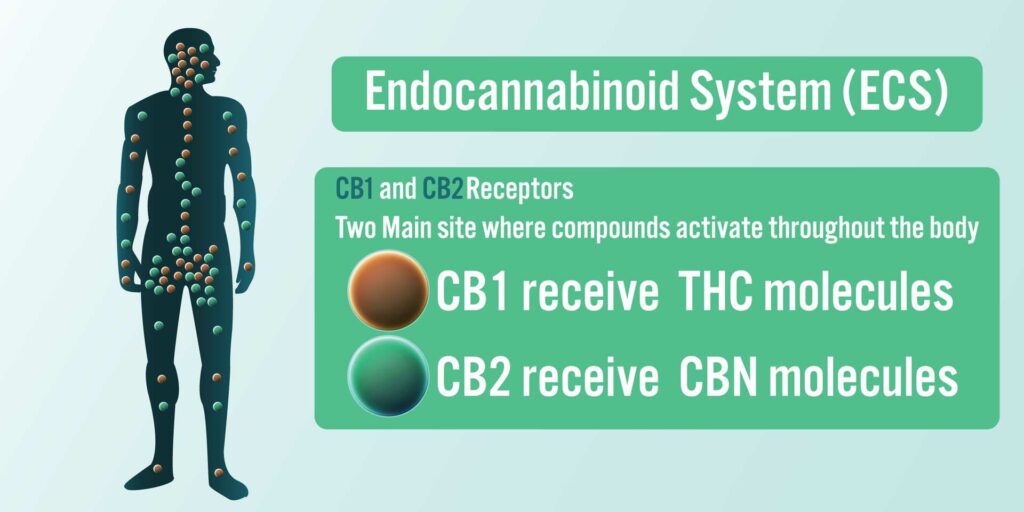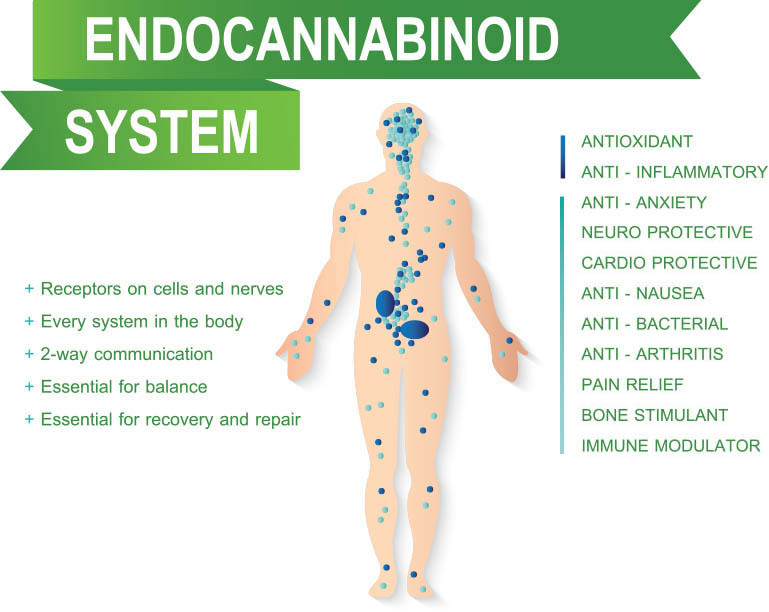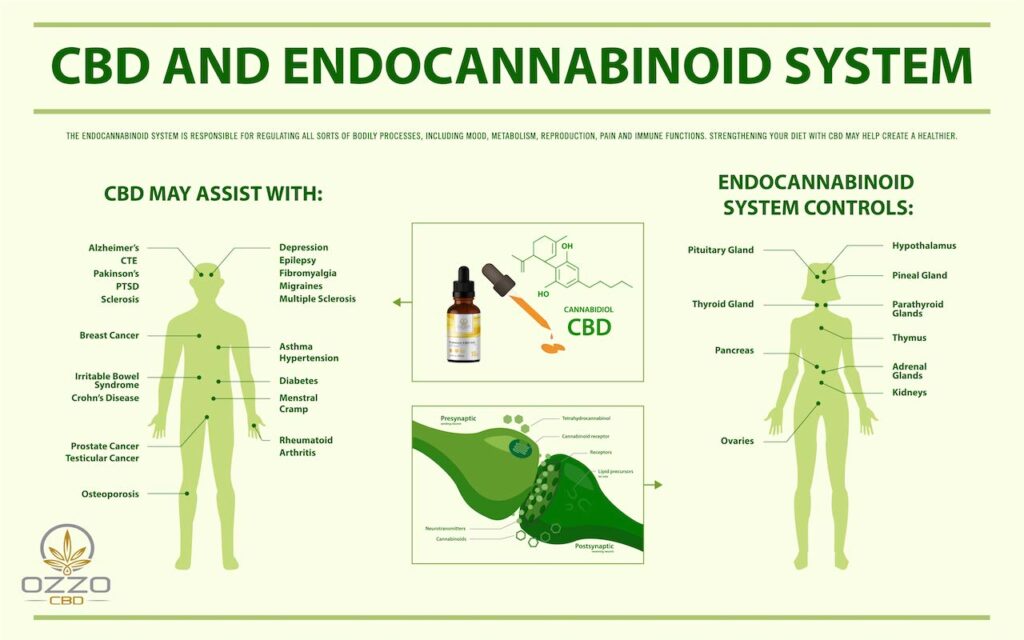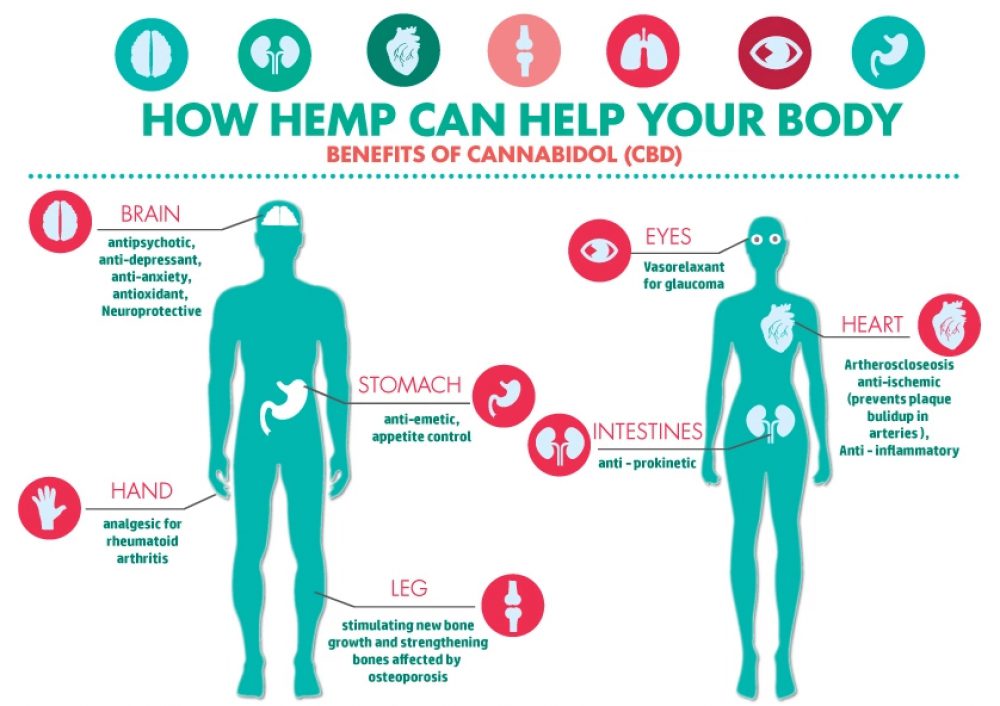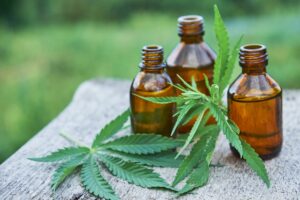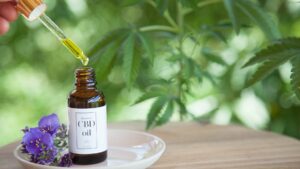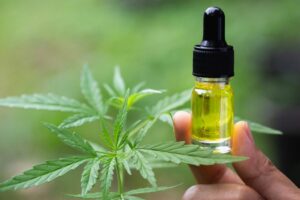During these days of the Covid19 pandemic, nothing concerning our bodies 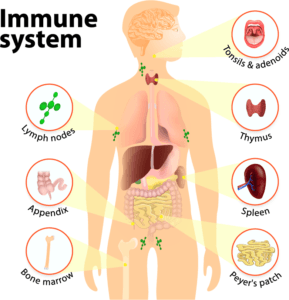 is getting more awareness than our immune system. Although the body doesn’t have a natural defense against covid19, a strong immune system will help minimize the effects of this virus. The best way to keep our immune systems strong is naturally though our diet. Therefore, this is a perfect time to take a look at what foods boost the immune system.
is getting more awareness than our immune system. Although the body doesn’t have a natural defense against covid19, a strong immune system will help minimize the effects of this virus. The best way to keep our immune systems strong is naturally though our diet. Therefore, this is a perfect time to take a look at what foods boost the immune system.
What is the Immune system?
The immune system is an intricate defense system powered by blood (five liters) and lymph. Lymph is a transparent and neutral (colorless) fluid that passes throughout the tissues of the body. Together, these two liquids transport all the elements of the immune system enabling them to do their jobs. For more information on the immune system, please read the article, The Facts about the Immune System on this website.
What Foods Boost the Immune System?
Supplying the body with certain foods may help keep the immune system strong. This is the way to prevent the flu, colds, and other infections. Therefore, it is wise to plan meals to include these powerful immune system boosters that follow.
Broccoli – Broccoli has the reputation of a super
food because it is supercharged with vitamins and minerals. Jam-packed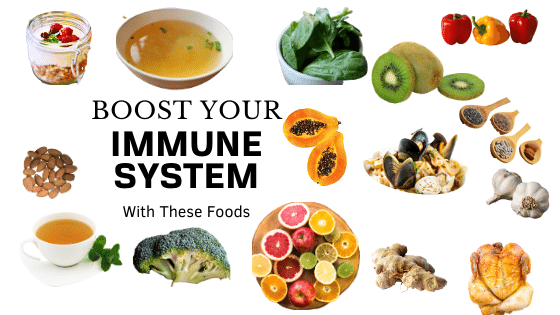
with vitamins A, C, and E, as well as fiber and numerous additional
antioxidants, broccoli is one of the healthiest vegetables one can
ingest.
The basis of keeping its power intact is to cook it as little as
possible — or even better yet, not at all. Research has indicated that
steaming is the best way to keep more nutrients in the food.
Spinach – Spinach is on the list not just because
it’s rich in vitamin C — it is additionally packed with abundant amounts
of antioxidants and beta carotene, which both increase the
infection-fighting ability of our immune systems.
Comparable to broccoli, spinach is healthiest when it’s cooked as
little as possible so that it maintains its nutrients. However, light
cooking makes it easier to absorb vitamin A and allows other nutrients
to be released from oxalic acid, an antinutrient.
Red Bell Peppers – While most may think citrus
fruits have the most vitamin C of any fruit or vegetable, one may need
to think again. Ounce for ounce, red bell peppers contain roughly 3
times as much vitamin C (127 mg) as a Florida orange (45 mg). They’re
also a rich source of beta carotene, an antioxidant that plays a crucial
role in the body’s fight against free radicals. For more information on
free radicals, please see the article, What are Free Radicals and why are they bad on this website.
Beta carotene, which the body converts into vitamin A, helps to keep the eyes and skin healthy.
Citrus fruits – Most individuals head straight for vitamin C after they’ve  caught a cold. This is because it helps build up the immune system. Vitamin C is believed to increase the building of white blood cells, which are crucial to fighting infections. In addition to boosting the immune system, vitamin C may assist in maintaining healthy skin.
caught a cold. This is because it helps build up the immune system. Vitamin C is believed to increase the building of white blood cells, which are crucial to fighting infections. In addition to boosting the immune system, vitamin C may assist in maintaining healthy skin.
Practically all citrus fruits are high in vitamin C. With such a variety to choose from, it’s easy to add a pinch of this vitamin to any meal.
Common citrus fruits include:
- limes
- tangerines
- grapefruit
- clementines
- oranges
- lemons
Since the body doesn’t produce or store it, it is necessary to intake vitamin C daily for continued health. The recommended daily amount for most adults is:
- 90 mg for men
- 75 mg for women
If supplements are preferred, one must limit to taking no more than 2,000 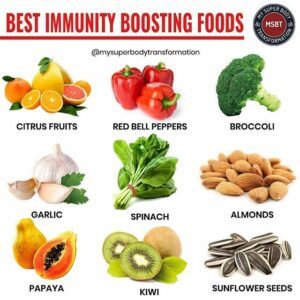 milligrams (mg) a day.
milligrams (mg) a day.
Also keep in mind that while vitamin C might help to recover from a cold faster, there’s no evidence yet that it’s effective against the covid19 virus.
Garlic – Garlic is very popular and is found in almost every cuisine in the world. It adds vigor to food and it’s a necessary nutrient for optimal health.
Early civilizations discovered its value in fighting infections. Garlic may additionally slow down the hardening of the arteries, and there is some evidence that it helps lower blood pressure.
Garlic’s immune-boosting properties appear to result from a heavy concentration of sulfur-containing compounds, such as allicin. Allicin is a compound produced whenever garlic is crushed or chopped. It has been found to reduce inflammation and offer antioxidant benefits.
Ginger – Ginger is an additional ingredient many turns to after getting sick. Ginger may assist with decreasing inflammation, which can help reduce a sore throat and other inflammatory illnesses. Ginger may assist with nausea as well.
While it is used in various sweet desserts, ginger packs some punch in the form of gingerol, a relative of capsaicin.
Ginger may additionally decrease chronic pain and might even have cholesterol-lowering properties.
Yogurt – Yogurt has cultures that are the bacteria yogurt is comprised of. These cultures can stimulate the immune system to help fight diseases.
It is favorable to get plain yogurts rather than the kind that are flavored and weighed down with sugar. One can sweeten plain yogurt themselves with healthy fruits and a sprinkle of honey instead.
Yogurt can also be a great source of vitamin D, therefore select brands fortified with this vitamin. Vitamin D helps normalize the immune system and is believed to boost the body’s natural defenses against diseases.
Clinical trials
are currently being conducted to study the possible effects on COVID-19.
Almonds – Almonds contain vitamin E. While vitamin E tends to fall behind vitamin C when it comes to preventing and fighting off colds, it is a powerful antioxidant that is crucial to a healthy immune system.
It is a fat-soluble vitamin, meaning that it requires the presence of fat to be absorbed properly. Nuts, like almonds, are jam-packed with the vitamin and additionally contain healthy fats.
Adults only need about 15 mg of vitamin E every day. A half-cup serving of almonds, which is about 46 whole, shelled almonds, provides around one-hundred percent of the recommended daily amount.
Vitamin E is important in regulating and maintaining immune system function. Additional foods with high amounts of vitamin E include avocados and dark leafy greens.
Sunflower Seeds – Sunflower seeds are filled with nutrients, including phosphorous, magnesium, and vitamins B-6 and E.
Sunflower seeds are additionally extremely high in selenium. Just 1 ounce contains almost half the selenium that the average adult requires daily. A variety of studies, mostly performed on animals, have looked at its potential to combat viral infections such as the swine flu (H1N1).
Turmeric – Turmeric is known as a key ingredient in curry. This bitter,
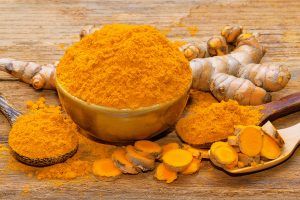
bright yellow spice has been used for years as an anti-inflammatory in treating both osteoarthritis and rheumatoid arthritis.
Research
shows that high applications of curcumin, which also gives turmeric its distinctive color, may assist in decreasing exercise-induced muscle damage. Curcumin has great potential as an immune booster (based on findings from animal studies) and an antiviral. However, additional research is needed.
Green Tea – Equally green and black teas are loaded with flavonoids, a type of antioxidant. Where green tea genuinely excels is in its levels of epigallocatechin gallate (EGCG), another powerful antioxidant.
In research, EGCG has been shown to increase immune function. The fermentation procedure black tea goes through destroys a lot of the EGCG. Green tea, in contrast, is steamed and not fermented, so the EGCG is preserved.
Green tea is additionally a good supplier of the amino acid L-theanine. L-theanine may aid in the production of germ-fighting compounds in the T cells.
Papaya – Papaya is an additional fruit loaded with vitamin C. In it can be found double the daily suggested amount of vitamin C in a single medium fruit. Papayas additionally have a digestive enzyme called papain that contains anti-inflammatory properties.
Papayas have adequate amounts of potassium, magnesium, and folate of which are beneficial to overall health.
Kiwi – Similar to papayas, kiwis are naturally full of a plethora of vital nutrients, including potassium, folate, vitamin C. and vitamin K.
Vitamin C enhances boosts the white blood cells to fight infection; while kiwi’s additional nutrients keep the rest of the body performing properly.
Poultry – Yes, believe it or not. Tradition says when we’re sick reach for chicken soup. Just know that it is more than just the placebo effect that makes one feel better. The soup can help lower inflammation, which could improve symptoms of a cold.
Poultry, like chicken and turkey, is high in vitamin B-6. About 3 ounces of light turkey or chicken meat contains approximately 1/3 of the daily recommended amount of B-6.
Vitamin B-6 is an important contributor to many of the chemical reactions that occur in the body. It’s also crucial to the formation of new and healthy  red blood cells that carry oxygen to the cells of the body.
red blood cells that carry oxygen to the cells of the body.
Stock or broth produced by boiling chicken bones contains gelatin, chondroitin, and other nutrients that are beneficial for gut healing and immunity.
Shellfish – Last but not least, although shellfish may not jump into the mind of those who are trying to boost their immune system, certain types of shellfish are jam-packed with zinc.
While zinc doesn’t get as much attention as various other vitamins and minerals, our bodies need it to enable our immune cells to function as planned.
Brands of shellfish that are high in zinc include:
- crab
- oysters
- mussels
- lobster
Bear in mind that it is not advisable to have more than the daily recommended amount of zinc in the diet:
- 8 mg for most adult women
- 11 mg for adult men
Too much zinc can in reality inhibit immune system function.
An excessive amount of a good thing is a bad thing!
Eating right may be a great start, and there are other actions you can take to safeguard you and your family from the flu, cold, and other illnesses.
One of these things is supplementation. In today’s busy environment, it isn’t easy to always eat correctly to ensure we’re getting all of the nutrients our bodies require.
There are all-natural supplements available that provide key immunity-boosting ingredients such as zinc, elderberry and, vitamin C, as well as vitamin D and l-lysine. For more information, CLICK HERE.
Please feel free to leave any questions, comments, or concerns below.
Good Health!!
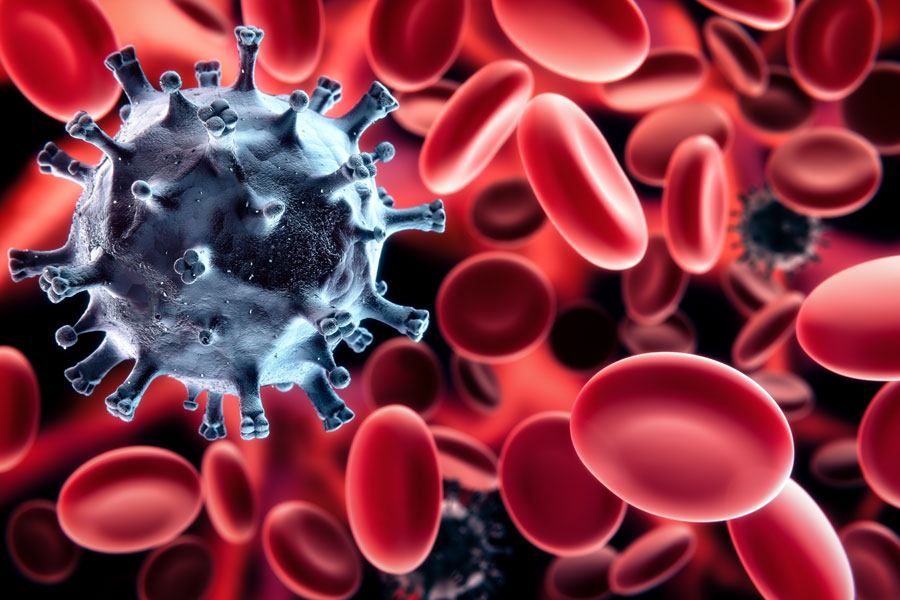 is getting more awareness than our immune system. Therefore, this is a perfect time to get the facts about the immune system.
is getting more awareness than our immune system. Therefore, this is a perfect time to get the facts about the immune system.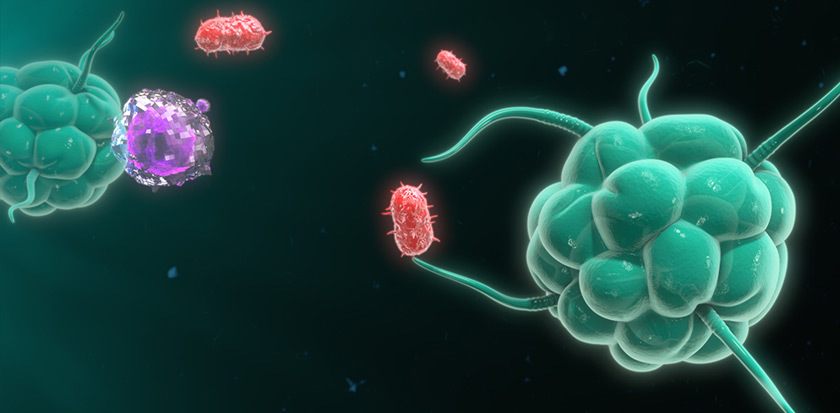
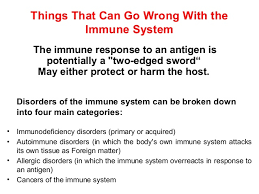
 delivery of immunoglobulins through a drip into the vein – known as intravenous immunoglobulin (IVIg) treatment. Now, subcutaneous immunoglobulin (SCIg) is often delivered into the fat under the skin, which can offer benefits for a few patients. This is known as a subcutaneous infusion or SCIg therapy.
delivery of immunoglobulins through a drip into the vein – known as intravenous immunoglobulin (IVIg) treatment. Now, subcutaneous immunoglobulin (SCIg) is often delivered into the fat under the skin, which can offer benefits for a few patients. This is known as a subcutaneous infusion or SCIg therapy.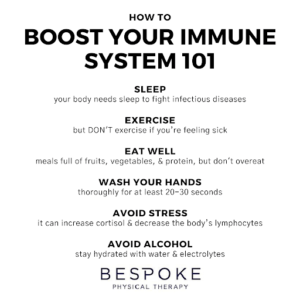 foods like fruits, vegetables, herbs, and spices — are crucial to keeping the immune system functioning properly. Many plant-based foods also have antiviral and antimicrobial markers, which help fight off infection.
foods like fruits, vegetables, herbs, and spices — are crucial to keeping the immune system functioning properly. Many plant-based foods also have antiviral and antimicrobial markers, which help fight off infection.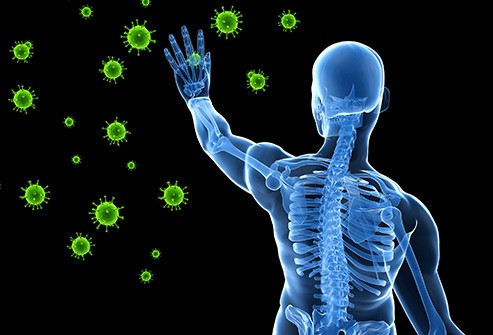
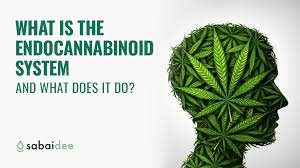 system on the cellular level discovered in the early 1990s by researchers examining THC, a celebrated cannabinoid. Cannabinoids are compounds found in
system on the cellular level discovered in the early 1990s by researchers examining THC, a celebrated cannabinoid. Cannabinoids are compounds found in 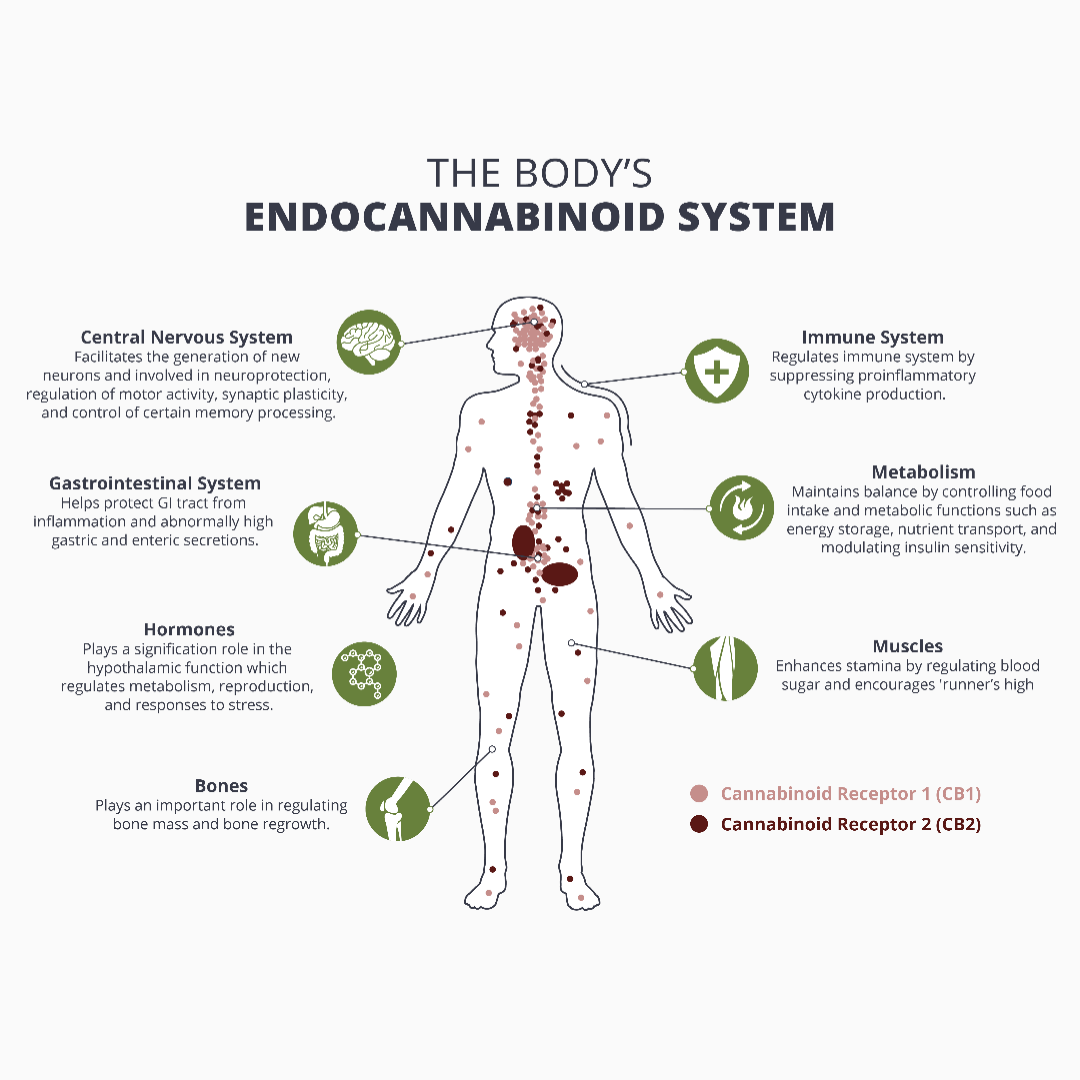 These include appetite, mood, memory, sleep, reproduction and fertility.
These include appetite, mood, memory, sleep, reproduction and fertility.